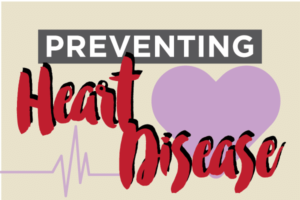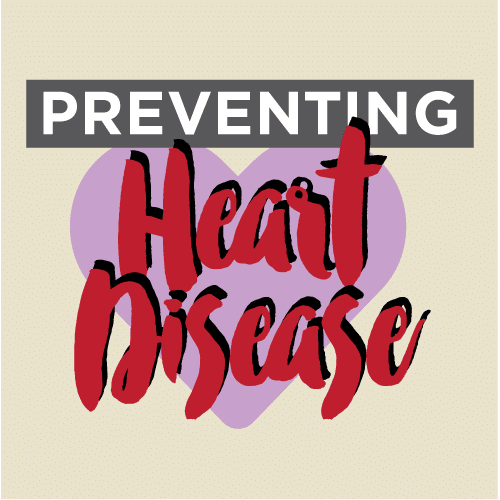 Heart disease is the leading cause of death for both men and women in the United States. Although there are many forms of treatment, prevention is the best alternative.
Heart disease is the leading cause of death for both men and women in the United States. Although there are many forms of treatment, prevention is the best alternative.
“WE CAN CERTAINLY treat many heart problems, but it’s always better to avoid the problem to start with,” says Yenhui Huang, M.D., cardiologist at Summit Healthcare. “That’s why I’m a big advocate for taking preventive measures. The earlier, the better, but it’s never too late to take good care of your heart.”
Advice for All Ages
While there’s no guaranteed way to prevent heart disease, there are many steps you can take to reduce the risk. So, whether you’re 20 or 60, here’s what you should be doing for your heart:
Your 20s and 30s. Start strengthening good habits—such as eating healthy and exercising—and getting rid of bad ones. Quitting smoking is one of the best moves you can make for your heart.
This is also the time to find a primary care doctor. Regular cholesterol and blood pressure screenings can help you determine if you’re heading down the right path.
Your 40s and 50s. Learn everything you can about your family’s medical history. While 40 is young, you can still experience heart problems, especially if you have a family history of heart problems at a young age. Knowing your family history will help your doctor manage heart disease risk factors, such as genetics, that you can’t change.
Keep a close eye on your weight as well, as your metabolism starts to slow down in your 40s. Being overweight is strenuous on the heart.
Your 60s and beyond. Make sure you know the warning signs of a heart attack. Chest discomfort or pressure, discomfort in other parts of the upper body, and shortness of breath are some of the more common symptoms that can appear several days before an attack. However, heart attacks can be different from one person to the next, so don’t just be alert to warning signs—pay attention and seek help if things just don’t feel right.
If your doctor has you on a treatment plan, follow it closely, especially if you’ve already been diagnosed with high blood pressure, high cholesterol, or diabetes.
Watch our interview with Dr. Huang and learn more about heart disease prevention on the Summit Healthcare YouTube channel.

